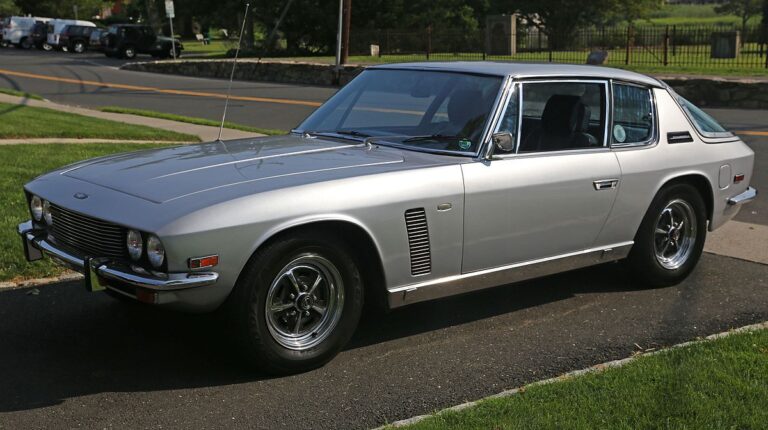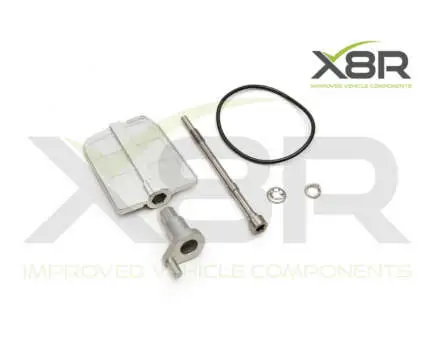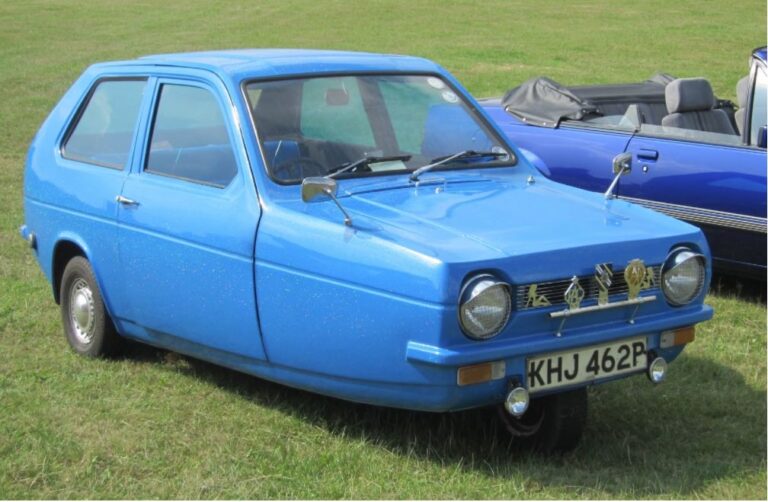Understanding the Engine Oil Pump
When it comes to the proper functioning of a car’s engine, the engine oil pump plays a crucial role. This component is responsible for ensuring that the engine’s moving parts are lubricated and cooled, which is essential for preventing wear and tear as well as overheating. In this article, we will explore the engine oil pump in detail, discussing its function, types, common issues, and maintenance.
Function of the Engine Oil Pump
The primary function of the engine oil pump is to circulate oil throughout the engine to lubricate and cool the moving parts. The pump draws oil from the oil pan and delivers it to various parts of the engine, including the crankshaft, bearings, and camshaft. Without proper lubrication, these components would generate excessive heat and friction, leading to premature wear and potential engine failure.
The oil pump also maintains the oil pressure within the engine at an optimal level. This is important for ensuring that the oil reaches all the necessary components, especially those located at a distance from the pump. Adequate oil pressure is also crucial for the proper functioning of the engine’s variable valve timing system, if equipped.
Overall, the engine oil pump is essential for the longevity and performance of the engine, making it a critical component of any vehicle.
Types of Engine Oil Pumps
There are primarily two types of engine oil pumps: gear-type pumps and rotor-type pumps. Gear-type pumps are the most common and consist of two meshing gears that create suction to draw oil from the oil pan and then force it into the engine’s lubrication system. Rotor-type pumps, on the other hand, use rotors instead of gears to achieve the same function.
Additionally, some modern engines use variable-displacement oil pumps, which can adjust the amount of oil flow based on the engine’s demand. This helps improve fuel efficiency and reduce the load on the engine, especially during cold starts when the oil is thicker.
Each type of oil pump has its advantages and disadvantages, and the choice of pump depends on factors such as the engine’s design, performance requirements, and cost considerations.
Common Issues with Engine Oil Pumps
Despite their critical role, engine oil pumps can experience several issues that affect their performance. One common problem is wear and damage to the pump gears or rotors, which can lead to a loss of oil pressure and inadequate lubrication. This often results from poor maintenance, contaminated oil, or excessive engine wear.
Another issue is the development of leaks in the pump housing or seals, which can cause a drop in oil pressure and potential oil starvation to the engine. Additionally, a failing oil pump can produce abnormal noises, such as whining or grinding, indicating internal damage or wear.
It is essential to address these issues promptly, as a malfunctioning oil pump can lead to catastrophic engine failure if left unchecked. Regular oil changes, using high-quality oil, and following the manufacturer’s maintenance schedule can help prevent many oil pump-related problems.
Maintenance of Engine Oil Pumps
Proper maintenance is crucial for ensuring the longevity and performance of the engine oil pump. Regular oil changes are the most important aspect of oil pump maintenance, as fresh, clean oil reduces the risk of pump wear and damage. It is also essential to use the oil type and viscosity recommended by the vehicle manufacturer to ensure optimal pump performance.
Regular inspection of the oil pump and its associated components is also recommended, especially during routine engine servicing. This includes checking for leaks, abnormal noises, and changes in oil pressure. Addressing any issues promptly can prevent more significant problems down the line.
Lastly, following the manufacturer’s recommended service intervals for the oil pump and related components, such as the oil filter, is essential for maintaining the pump’s performance and longevity.
Conclusion
The engine oil pump is a crucial component of any vehicle’s engine, responsible for ensuring proper lubrication and cooling of the moving parts. Understanding its function, types, common issues, and maintenance requirements is essential for maintaining the longevity and performance of the engine. By addressing oil pump-related issues promptly and following the manufacturer’s maintenance guidelines, vehicle owners can ensure that their engines operate efficiently and reliably for years to come.
,refusal: null







992bet7, I gave it a shot. The registration was simple, and I liked the variety of payment options. I tried a few of their slot games and had an okay experience. I would say it’s a good starter site for new players just getting the hang of online casinos: 992bet7
Okay, let’s be real, ev88vn surprised me! Easy to sign up, easy to play. Customer support was actually responsive when I had a question. Worth a look if you’re hunting for something fresh: ev88vn
Yessir! Found a sweet promo code on 1winpromocode. Stacked up on some extra cash. Best way to find free bonuses out there, give it a whirl! Get your bonus now 1winpromocode!
Pkspingame is actually addictive. Simple gameplay but keeps you hooked. Good for a quick break or when you’re bored. Give it a whirl -> pkspingame
Yo, 33wwbet is my go-to spot! It’s got everything I need and it’s super easy to get around. Check it out 33wwbet. You won’t be disappointed!